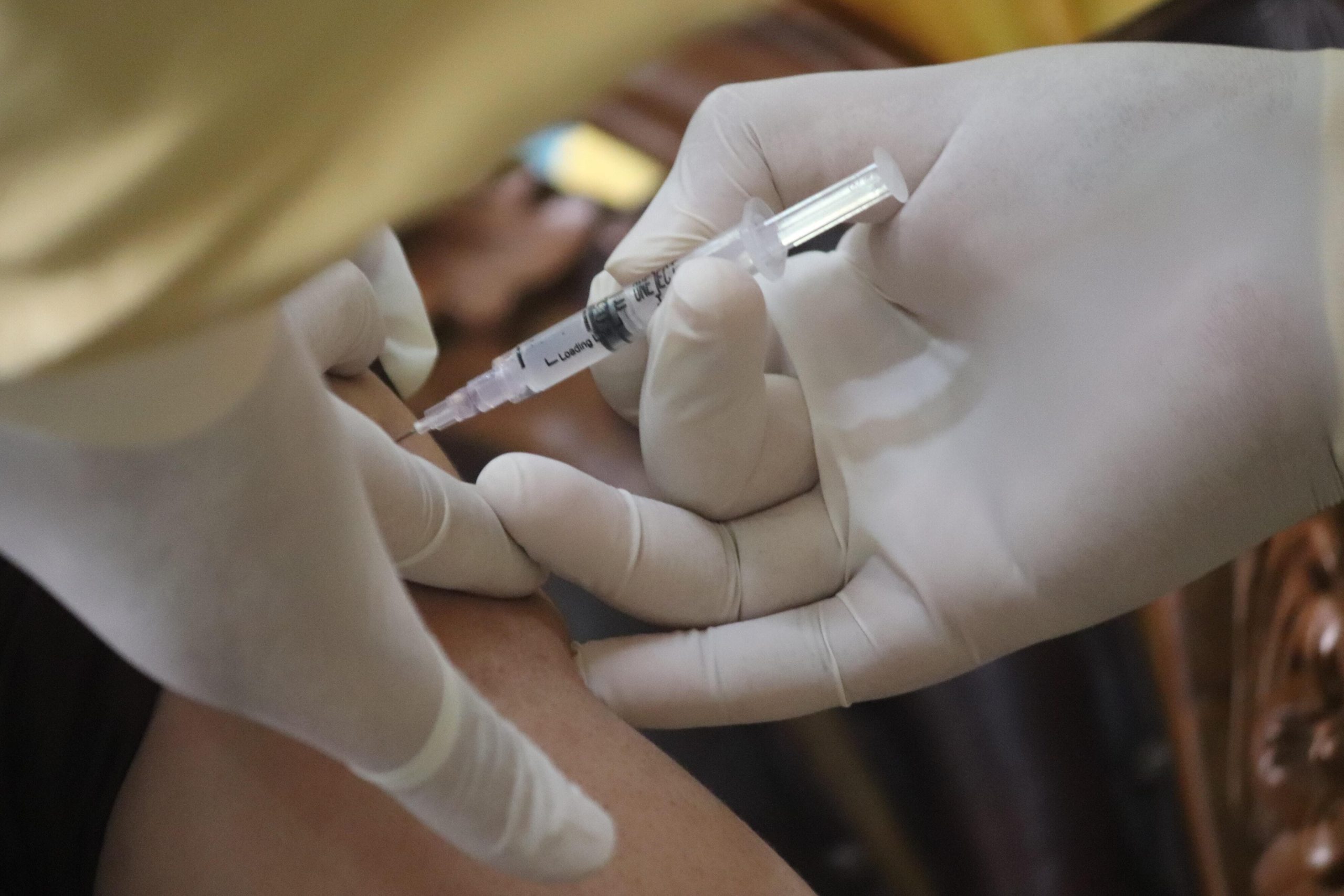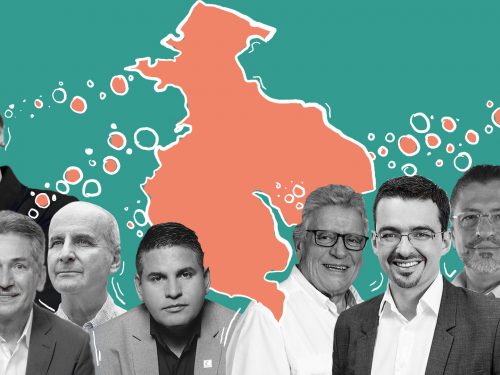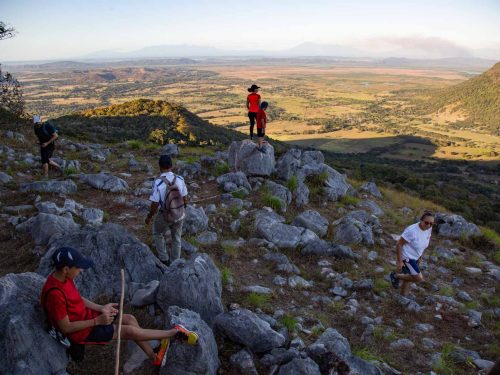
The Chorotega region is the area with the highest COVID-19 vaccination rate in the entire country as 60 out of 100 people in the region have received their first dose. Even so, in recent weeks, multiple health areas in the province report a stagnation in immunization campaigns due to the remaining population’s lack of interest in receiving the first dose of the vaccine.
Health areas in Guanacaste reported that in July, when the Ministry of Health authorized the vaccine for patients without risk factors, there was a significant influx of people wanting to receive immunization. However, demand has declined drastically since the beginning of August.
According to the medical director of the Tilaran Health Area, Luis Diego Leiton, that has been the case in the canton. His clinic went from administering some 1,300 vaccines (first dose) in the last two weeks of July to reporting 377 in the most recent weekly cut-off period.
Although Tilaran has administered the first dose to 77% of its population as of August 18, according to data from the Costa Rican Social Security Fund (CCSS), the director said that vaccination in the last few days has been characterized by emptiness.
Leiton attributed this to most people having received the first dose in the first few days after the Ministry of Health allowed the last priority group to start getting vaccinated, so he believes health areas are now facing people who aren’t convinced or who don’t want to get vaccinated.
Either out of their own conviction or because they are receiving misinformation on social networks, we have come across dozens of people who don’t want to be vaccinated, who say that we can’t make them,” explained Leiton.
This lack of interest caused the Tilaran Health Area to lose several doses of the vaccine in the last week, according to the doctor.
Diego Alfaro Alvarez, regional coordinator of the CCSS’s Expanded Immunization Program (PAI- Programa Ampliado de Inmunización), noted that current vaccination challenges in Guanacaste include the distance of communities from each health area, the lack of availability of public transportation and the resistance of a “specific population” to vaccination.
In addition, Alfaro said, the CCSS can’t yet vaccinate undocumented people in the country because the Ministry of Health hasn’t developed a protocol for immunizing that group.
Health Areas Reinvent Their Strategies
Dr. Leiton stated that since some people have a hard time traveling to their health area, they offer to take the vaccines to remote communities so that everyone who doesn’t have the resources or who lives in an area where public transportation isn’t available can have equal access to the campaign.
The doctor affirmed that there is a team in Tilaran calling each patient to invite him or her to get the vaccine and provide needed information on the subject. However, a lack of interest prevails.
The La Cruz Health Area is experiencing a similar phenomenon. Adriana Vargas, the head of nursing there, affirmed that in the last two weeks, she saw an abrupt decrease in people requesting the vaccine. Last week, for example, only 15 to 20 people went to the clinic to receive the first dose.
That’s why the EBAIS staff decided to visit communities to take the vaccination campaign to the homes of La Cruz residents. In that way, they succeed in immunizing people who have little or no information about the virus or who didn’t have money to travel to the clinic even though they wanted to get vaccinated.
We assumed that there were people with a lack of resources to get to the clinic or who couldn’t leave their families alone, so we took the vaccine to them. It has worked for us a lot because we take advantage of it to educate people,” Vargas remarked.
In this way, La Cruz managed to immunize 920 people in the last epidemiological week. Even so, it’s the canton with the third lowest rate of immunized people in Guanacaste, after Liberia and Nicoya.
Religion and Fake News Play a Negative Role
During those home campaigns carried out in La Cruz, the head of nursing discovered that there are also entire communities that say that they won’t get the vaccine since the pastor of their evangelical congregation “forbid” it.
Religion has been one of our biggest limitations. There are places in La Cruz that we go to and they tell us that they are forbidden to get vaccinated. They are told that if they are vaccinated, they can’t go to the church services again or that they are going to die,” the nurse said.
The CCSS doesn’t have a national plan to deal with misinformation about the vaccine. Each area has to come up with its own vaccination campaign strategy depending on how people behave in the area.
For their part, the teams in La Cruz and Tilaran have protocols to give all the necessary information to those people who have false information about the vaccine.
Tilaran, specifically, claims to have mapped several Facebook pages that constantly produce fake news against vaccination and COVID-19. This allows them to prepare better when asking people to get vaccinated.
The Tilaran Health Area is also working with the National Children’s Trust (PANI- Patronato Nacional de la Infancia) to denounce all parents who express that they won’t vaccinate their minor children.
Currently, both health areas are offering the vaccine to anyone from the country, without them needing to be registered with those health centers. Hours at both clinics are Monday through Friday from 8 a.m. to 8 p.m.







Comments